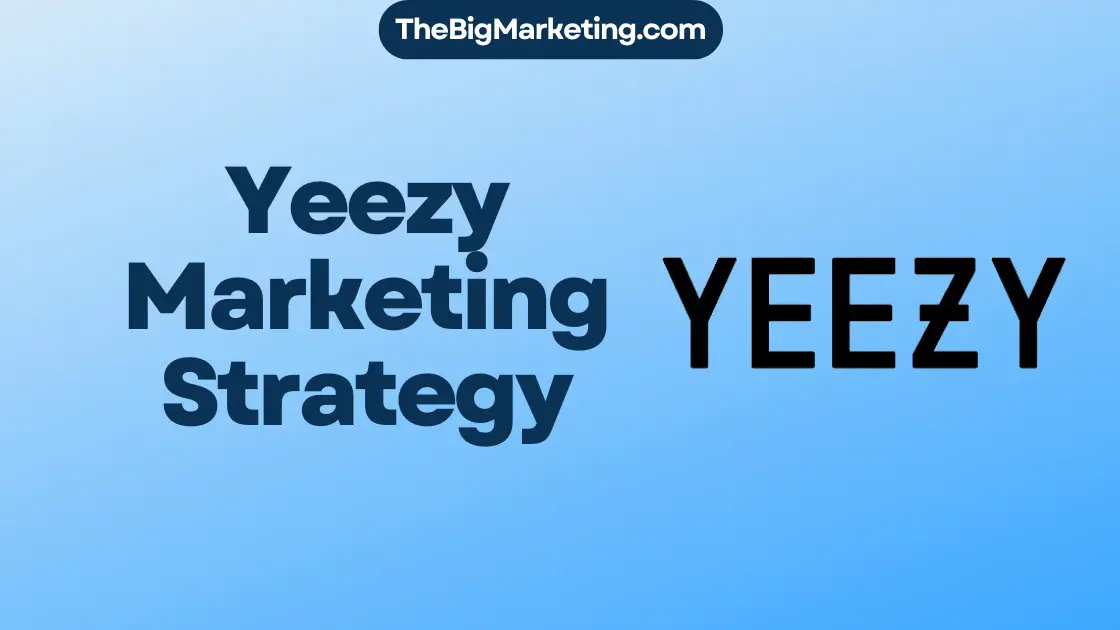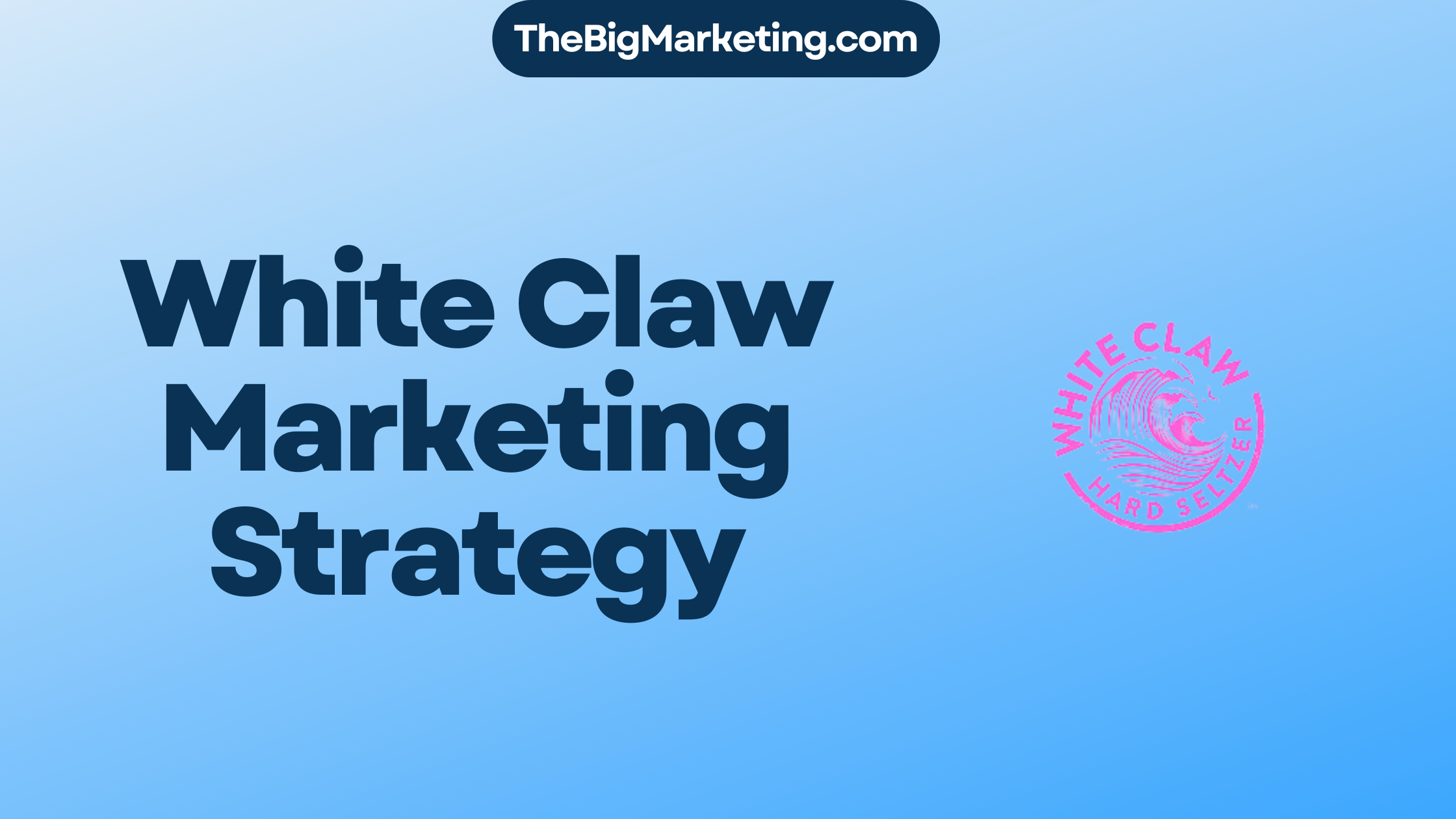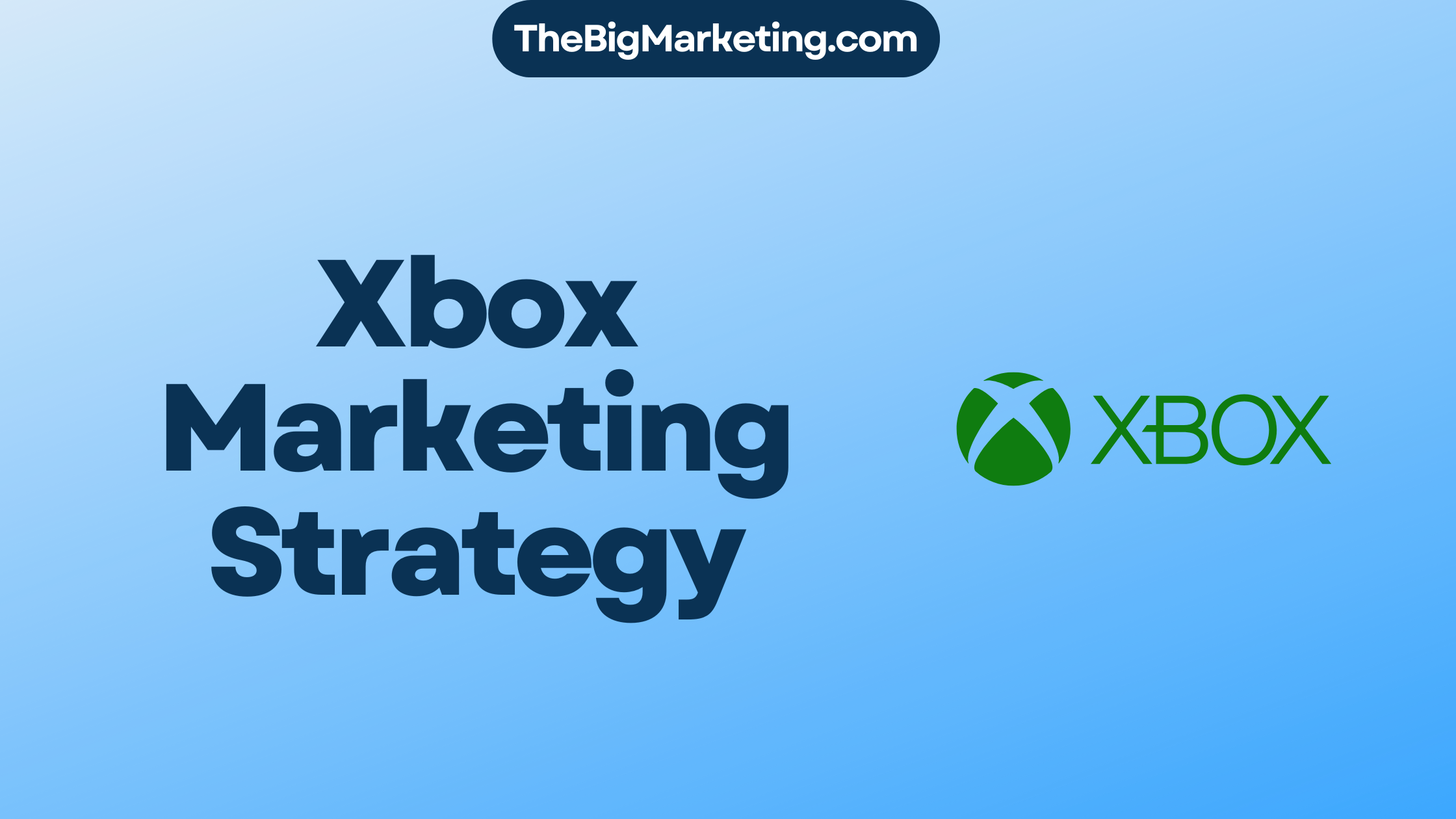Mercedes-Benz, a German automotive giant, has established itself as a symbol of automotive excellence through its commitment to innovation, quality, and luxury. With a rich history dating back to the merger of Daimler Motoren Gesellschaft and Benz & Cie in 1926, Mercedes-Benz has become a global leader in the luxury car market. This case study explores the brand’s marketing strategies, including its historical roots, contemporary presence, and market segmentation, that have propelled it to success.
Key Takeaways:
- Mercedes-Benz is synonymous with automotive excellence, embodying innovation, quality, and luxury.
- The brand’s marketing strategy leverages its rich historical roots, contemporary presence, and market segmentation.
- Mercedes-Benz’s participation in Formula 1 has been a strategic triumph, showcasing its engineering prowess and performance.
- The Netflix series “Drive to Survive” has had a significant impact on Mercedes-Benz’s marketing, creating emotional connections with viewers.
- The brand maintains a strong social media presence, engaging with its target audience through visually-driven content.
Historical Roots of Mercedes-Benz
Mercedes-Benz, a legendary automotive brand synonymous with luxury and performance, has a rich history that dates back to the merger of two iconic companies: Daimler Motoren Gesellschaft and Benz & Cie in 1926. This strategic collaboration brought together a wealth of expertise, cutting-edge technologies, and renowned brands to create the world-class luxury brand we know today as Mercedes-Benz.
During the merger, the decision was made to adopt the name “Mercedes-Benz” to honor the legacies of both companies. The name “Mercedes” was derived from one of Gottlieb Daimler’s daughters, an homage to the esteemed engineer and entrepreneur who played a pivotal role in the development of the internal combustion engine. The name “Benz” paid tribute to Karl Benz, the visionary inventor credited with creating the world’s first practical automobile. This union of names symbolized a harmonious blend of innovation, luxury, performance, and excellence.
With the historical roots firmly established, Mercedes-Benz embarked on a journey to redefine automotive engineering, design, and luxury. The brand’s commitment to innovation, quality, and craftsmanship quickly propelled it to the forefront of the global automotive industry, earning it a reputation for uncompromising excellence.
Mercedes-Benz Today
Mercedes-Benz, under the umbrella of Mercedes-Benz Group AG, is a dominant player in the global automotive industry. With a portfolio of brands catering to diverse consumer preferences, the company has established a strong market presence worldwide. China, with its burgeoning luxury car market, serves as the brand’s largest market, contributing significantly to its global sales.
Mercedes-Benz strategically positions itself as a leader in key markets such as North America, Germany, and the Asia-Pacific region. The brand’s unwavering commitment to innovation, quality, and luxury sets it apart from competitors and has earned it a loyal customer base. Constantly pushing the boundaries of automotive engineering, Mercedes-Benz continues to deliver vehicles that embody cutting-edge technology, exquisite design, and exceptional performance.
China emerges as the largest market for Mercedes-Benz, followed closely by North America and Germany. The brand’s focus on these regions highlights its commitment to meeting the demands of affluent consumers who value luxury, performance, and prestige.
Mercedes-Benz’s success stems from its cohesive marketing strategy that combines targeted advertising campaigns, digital engagement, and a superior brand experience. By understanding and adapting to the evolving needs of customers, Mercedes-Benz consistently maintains its position as a leader in the luxury automotive market.
Continued Innovation and Growth
Mercedes-Benz’s commitment to innovation and growth is evident in its development of electric and autonomous vehicles. By investing heavily in electric vehicle technology, the brand aims to lead the transition to sustainable mobility. Mercedes-Benz has also made strides in autonomous driving, incorporating advanced driver-assistance systems into their vehicles to enhance safety and convenience.
With a focus on customer-centricity and technological advancement, Mercedes-Benz is poised to shape the future of the automotive industry. The brand’s marketing strategy, rooted in excellence and sophistication, will continue to drive its success for years to come.
Mercedes in Formula 1: A Strategic Triumph on and off the Track
Mercedes-Benz’s participation in Formula 1 has been a game-changer for the brand, delivering both on-track success and strategic marketing triumphs. The Mercedes-AMG Petronas Formula One Team’s dominance in the sport, with multiple constructors’ and drivers’ championships, highlights Mercedes-Benz’s excellence in engineering and performance.
Participating in Formula 1 provides Mercedes-Benz with a powerful platform to showcase its technological prowess and innovative capabilities to a global audience. The sport’s immense popularity and global reach offer unparalleled exposure and visibility for the brand, strengthening Mercedes-Benz’s reputation as a performance-driven luxury brand.
The success of the Mercedes-AMG Petronas Formula One Team not only demonstrates the brand’s expertise in motorsport but also resonates with consumers who crave high-performance luxury vehicles. By associating with Formula 1, Mercedes-Benz establishes strong connections with racing enthusiasts and showcases its commitment to pushing the boundaries of automotive excellence.
Furthermore, Formula 1 serves as a breeding ground for research and development, allowing Mercedes-Benz to test and refine its cutting-edge technologies on the demanding race track. This translates into advancements that benefit their production vehicles, providing customers with the latest innovations and performance enhancements.
Overall, Mercedes-Benz’s strategic presence in Formula 1 has proven to be a winning formula, combining engineering excellence, global exposure, and innovation. It stands as a testament to the brand’s commitment to pushing the boundaries of automotive performance and leaving an indelible mark in the world of motorsport.
| Year | Constructors’ Championships | Drivers’ Championships |
|---|---|---|
| 2014 | 1 | Lewis Hamilton |
| 2015 | 1 | Lewis Hamilton |
| 2016 | 1 | Nico Rosberg |
| 2017 | 1 | Lewis Hamilton |
| 2018 | 1 | Lewis Hamilton |
| 2019 | 1 | Lewis Hamilton |
| 2020 | 1 | Lewis Hamilton |
The Impact of “Drive to Survive” on Mercedes-Benz Marketing
The Netflix documentary series “Drive to Survive” has had a significant impact on Mercedes-Benz’s marketing strategy. By providing unprecedented access to the inner workings of Formula 1 teams and drivers, the series has revolutionized the way Mercedes-Benz connects with its target audience.
This captivating documentary provides viewers with a unique opportunity to take a behind-the-scenes look at the intense world of Formula 1 racing. The emotional storytelling and compelling narratives showcased in “Drive to Survive” have successfully humanized the brand, allowing viewers to form a genuine connection with Mercedes-Benz.
The series has expanded the fan base and garnered widespread attention, helping Mercedes-Benz reach a broader audience beyond traditional motorsports enthusiasts. The exposure gained from “Drive to Survive” has solidified Mercedes-Benz’s image as a dynamic and innovative brand, not just in the automotive industry but also in popular culture.
The impact of “Drive to Survive” on Mercedes-Benz’s marketing cannot be overstated. It has driven increased brand awareness, fostered deeper emotional connections with consumers, and elevated the perception of Mercedes-Benz as a leader in the luxury automotive space.
| Impact of “Drive to Survive” on Mercedes-Benz Marketing | Key Benefits |
|---|---|
| Increased Brand Awareness | Exposure to new and wider audience demographics. |
| Emotional Connection | Humanizing the brand and creating emotional bonds with viewers. |
| Elevated Image | Positioning Mercedes-Benz as dynamic and innovative. |
The impact of “Drive to Survive” on Mercedes-Benz’s marketing strategy is a testament to the power of storytelling and authentic content. By embracing this innovative approach, Mercedes-Benz continues to create unforgettable experiences for its audience, reinforcing its reputation as a luxury brand with a rich heritage and a commitment to excellence.
Mercedes-Benz Social Media Presence
As part of its comprehensive marketing strategy, Mercedes-Benz maintains a strong social media presence on popular platforms such as Facebook, Twitter, and Instagram. Leveraging the power of social media, the brand effectively engages with its target audience, showcasing the luxury and excellence associated with Mercedes-Benz vehicles.
With over 20 million followers, the brand’s main Facebook account serves as a hub for visually-driven content, including captivating images and engaging videos. Mercedes-Benz regularly posts updates about car racing events, technological advancements, and customer stories, fostering an interactive and immersive experience for its followers.
Twitter is another active platform for Mercedes-Benz, where the brand shares multiple posts per day to keep its audience informed and engaged. Through Twitter, the brand effectively interacts with its followers, answering inquiries and initiating conversations about the latest trends and developments in the automotive industry.
On Instagram, Mercedes-Benz focuses on curating high-quality visual content that captures the essence of luxury and showcases the iconic brand in all its glory. From breathtaking landscapes to sleek car designs, the brand creates a visually captivating experience, reinforcing its association with the luxury lifestyle.
Mercedes-Benz Social Media Platforms:
- Facebook: The brand’s main Facebook account provides visually-driven content, engaging with over 20 million followers.
- Twitter: Mercedes-Benz actively posts on Twitter, sharing multiple updates per day and interacting with its followers.
- Instagram: The brand creates an immersive visual experience on Instagram, portraying the luxury and lifestyle associated with Mercedes-Benz.
By maintaining an active and engaging social media presence, Mercedes-Benz effectively reaches and connects with its target audience, strengthening its brand image and expanding its global reach.
Mercedes-Benz Marketing Segmentation
Mercedes-Benz has strategically implemented a marketing segmentation strategy to effectively target a younger and less-affluent consumer base. One of their innovative approaches includes the creation of the online community called “Generation Benz”, which proved to be a valuable resource for understanding the preferences and habits of the targeted demographic. Armed with this knowledge, Mercedes-Benz developed products like the more affordable Mercedes-Benz CLA-Class, catering to the younger consumer demographic while maintaining the brand’s prestige and luxury positioning.
Mercedes-Benz Marketing Segmentation Strategy
Mercedes-Benz recognized the importance of understanding the diverse needs and aspirations of different consumer groups. By segmenting their market, they were able to tailor their marketing efforts towards specific target audiences, thereby maximizing their reach and impact. The following table outlines the key segments that Mercedes-Benz has successfully targeted:
| Segment | Description | Product Offerings |
|---|---|---|
| Youthful Professionals | Young professionals who value both style and performance. | Mercedes-Benz CLA-Class, A-Class |
| Urban Families | Families seeking safety, comfort, and ample space. | Mercedes-Benz GLC-Class, GLE-Class |
| Upscale Executives | Discerning executives who desire both luxury and performance. | Mercedes-Benz E-Class, S-Class |
| Eco-Conscious Consumers | Consumers passionate about sustainability and efficiency. | Mercedes-Benz EQC, Plug-in Hybrid models |
Through this segmentation strategy, Mercedes-Benz ensures that their marketing messages and product offerings resonate with specific segments, enabling them to attract and retain a wide range of customers with different needs and preferences.
As shown in the table above, Mercedes-Benz’s strategy extends beyond age and income distinctions to reflect both the diverse lifestyles and values of their target consumer segments. By understanding and responding to the unique demands of each segment, Mercedes-Benz has successfully expanded its market reach and maintained its position as a leading luxury automotive brand.
Mercedes-Benz Marketing Mix
Mercedes-Benz’s marketing mix incorporates the key elements of product, price, place, and promotion to effectively position itself as a leading luxury automotive brand. By strategically focusing on these elements, Mercedes-Benz consistently delivers exceptional vehicles and effectively engages with its target market.
Product
Mercedes-Benz boasts a diverse portfolio of luxury vehicles that combine advanced technology, performance, and luxurious comfort. From sleek sedans to powerful SUVs, the brand offers a range of models tailored to different customer preferences. Each vehicle reflects the brand’s commitment to quality, innovative engineering, and impeccable craftsmanship.
Price
The premium pricing of Mercedes-Benz vehicles reflects the brand’s reputation for excellence and exclusivity. The higher price point emphasizes the luxury, sophistication, and prestige associated with owning a Mercedes-Benz. Such pricing strategy further positions the brand as a symbol of success and elevates its perceived value in the market.
Place
Mercedes-Benz has established a global network of dealerships, ensuring accessibility for customers worldwide. By strategically locating dealerships in prime areas, the brand creates an atmosphere of exclusivity while providing convenience for potential buyers. These dealerships, often referred to as “automotive cathedrals,” offer impeccable customer service, demonstrating the brand’s commitment to providing a prestigious buying experience.
Promotion
Mercedes-Benz leverages various promotional strategies to raise brand awareness and engage its target market. The brand creates engaging social media campaigns, collaborating with influencers to reach a wider audience. These campaigns highlight the brand’s commitment to innovation and evoke a sense of aspiration and excitement. Additionally, Mercedes-Benz’s memorable advertisements effectively communicate the brand’s values, appeal to emotions, and reinforce its position as a leader in the luxury automotive industry.
Overall, Mercedes-Benz’s marketing mix enables the brand to convey its commitment to luxury, innovation, and exceptional performance. By constantly refining its product offerings, employing a premium pricing strategy, strategically locating dealerships, and implementing engaging promotional campaigns, Mercedes-Benz continues to captivate and inspire its target market.
Memorable Mercedes-Benz Advertising Campaigns
Mercedes-Benz is renowned for its impactful and unforgettable advertising campaigns that captivate audiences and convey the essence of aspiration, excitement, and luxurious motoring experiences. These campaigns employ a combination of high-quality content, compelling storytelling, and multi-channel marketing strategies to forge powerful emotional connections with viewers.
One example of Mercedes-Benz’s successful collaboration with a pop culture icon is the partnership with renowned rapper and fashion influencer Nicki Minaj. In this campaign, Mercedes-Benz seamlessly incorporated Nicki Minaj’s unique style and charisma into the brand’s image, appealing to a younger demographic who resonates with her artistic expression and individuality.
Another noteworthy campaign is “Bertha Benz: The First Driver,” which celebrates the pioneering spirit and empowerment of women. This campaign pays homage to Bertha Benz, the wife of Carl Benz and the first person to embark on a long-distance automobile journey. By highlighting the historical significance of Bertha Benz’s achievement, Mercedes-Benz reinforces its commitment to progress and honors the contributions of women in the automotive industry.
Most Memorable Mercedes-Benz Advertising Campaigns
| Campaign | Description |
|---|---|
| Campaign with Nicki Minaj | A collaboration that showcases the fusion of luxury and contemporary culture. |
| “Bertha Benz: The First Driver” | A campaign that celebrates female empowerment and the pioneering spirit of Bertha Benz. |
Mercedes-Benz’s advertising strategy exemplifies its commitment to excellence and innovation in the automotive industry. Through these impactful campaigns, the brand reinforces its position as a leader in automotive excellence and unrivaled luxury, captivates audiences, and creates lasting impressions.
Mercedes-Benz Pricing Strategy
Mercedes-Benz implements a strategic pricing strategy that aligns with its brand image and target market. The renowned luxury automaker positions itself as a symbol of quality, performance, and prestige by employing a premium pricing strategy. The average price of a Mercedes-Benz vehicle exceeds €80,000, catering to affluent individuals who seek the pinnacle of luxury and sophistication.
Despite its premium positioning, Mercedes-Benz also acknowledges the importance of accessibility and offers flexible financing options. By providing financing solutions, the brand ensures that a wider range of drivers can experience the luxury and craftsmanship associated with owning a Mercedes-Benz car. This approach allows Mercedes-Benz to expand its customer base and reach a broader audience.
To illustrate the impact of Mercedes-Benz’s pricing strategy, a comparison table is provided below:
| Brand | Average Price Range | Target Audience |
|---|---|---|
| Mercedes-Benz | €80,000 and above | Affluent individuals seeking luxury |
| Audi | €50,000 – €70,000 | Aspiring luxury car owners |
| BMW | €60,000 – €80,000 | Performance-oriented luxury enthusiasts |
As shown in the table, Mercedes-Benz sets itself apart in the luxury automotive market with its higher price range, positioning itself as the epitome of success and luxury. This strategy reinforces the brand’s exclusivity and premium appeal to its target market. Additionally, the company’s financing options make the Mercedes-Benz ownership experience attainable for a broader range of customers without compromising the brand’s prestige.
Mercedes-Benz Brand Experience
The Mercedes-Benz brand experience goes beyond just owning a luxury vehicle. The brand creates a comprehensive and immersive experience for customers through its dealerships, known as automotive cathedrals. These dealerships are strategically located in prime real estate and provide a personalized and prestigious experience for customers. The brand’s focus on customer service and attention to detail further enhances the overall brand experience for Mercedes-Benz owners.
Personalization at its Finest
At Mercedes-Benz, every touchpoint with the customer is carefully curated to ensure a personalized experience. From the moment customers step into the dealership, they are greeted by knowledgeable and friendly staff who are dedicated to catering to their unique needs and preferences. The automotive cathedrals exude opulence and sophistication, creating an atmosphere that aligns with the brand’s luxury image.
Ambassadors of Luxury
The dealerships serve as ambassadors of the Mercedes-Benz brand, showcasing the latest models and technological advancements in a visually stunning and captivating way. Customers can explore the range of vehicles and experience first-hand the craftsmanship and attention to detail that goes into every Mercedes-Benz car. The design and layout of the dealerships are meticulously planned to create a seamless journey that captivates and entices customers.
Exceeding Expectations
Customer service is a top priority for Mercedes-Benz, and the brand goes above and beyond to ensure that every customer feels valued and appreciated. From personalized consultations with dedicated sales representatives to concierge services that handle every aspect of the car-buying process, Mercedes-Benz strives to exceed customer expectations at every step of the way. The brand understands that owning a luxury vehicle is not just about the product itself but also about the overall experience.
An Ongoing Relationship
Mercedes-Benz recognizes that the brand experience extends far beyond the initial purchase. The brand cultivates an ongoing relationship with its customers through exclusive events, personalized offers, and continuous support. Whether it’s special VIP events, access to exclusive partnerships and collaborations, or tailored maintenance programs, Mercedes-Benz ensures that owning one of their vehicles is a truly exclusive and rewarding experience.
Conclusion
Mercedes-Benz’s marketing strategy has been pivotal in establishing the brand as a global leader in the luxury automotive industry. By leveraging its historical roots, forming strategic partnerships, utilizing social media platforms effectively, and creating memorable advertising campaigns, Mercedes-Benz has successfully positioned itself as a symbol of automotive excellence.
One of the key strengths of Mercedes-Benz’s marketing strategy is its ability to adapt and evolve with changing consumer preferences. By staying attuned to market dynamics and technological advancements, the brand consistently delivers innovative and luxurious vehicles that resonate with its target audience.
Furthermore, Mercedes-Benz’s commitment to providing a comprehensive brand experience sets it apart in the luxury car market. From its iconic automotive cathedrals to its personalized customer service, the brand ensures that owning a Mercedes-Benz goes beyond just driving a luxury vehicle.
As the automotive industry continues to evolve, Mercedes-Benz’s marketing strategy will play a crucial role in shaping its future success. By staying at the forefront of luxury car marketing and continuously delighting customers, Mercedes-Benz is poised to maintain its position as a global leader and continue driving towards excellence.
FAQ
What is the Mercedes-Benz Marketing Strategy?
The Mercedes-Benz Marketing Strategy focuses on historical roots, contemporary presence, and market segmentation, positioning the brand as a symbol of automotive excellence.
What are the historical roots of Mercedes-Benz?
Mercedes-Benz traces its roots back to the merger of Daimler Motoren Gesellschaft and Benz & Cie in 1926, combining expertise and iconic brands to create a luxury brand known for performance and excellence.
How is Mercedes-Benz positioned in the market today?
Mercedes-Benz strategically positions itself as a leader in key markets such as North America, Germany, and the Asia-Pacific region, catering to diverse consumer preferences worldwide.
How has Mercedes-Benz benefited from participating in Formula 1?
Participating in Formula 1 allows Mercedes-Benz to showcase its technological prowess and innovative capabilities to a global audience, reinforcing its reputation as a performance-driven luxury brand.
What impact has the series “Drive to Survive” had on Mercedes-Benz’s marketing?
The Netflix documentary series “Drive to Survive” humanizes the brand and creates emotional connections with viewers, expanding the fan base and reinforcing Mercedes-Benz’s image as a dynamic and innovative brand.
How does Mercedes-Benz utilize social media in its marketing efforts?
Mercedes-Benz maintains a strong social media presence on platforms like Facebook, Twitter, and Instagram, engaging with its target audience through visually-driven content, car racing updates, and customer stories.
How does Mercedes-Benz implement marketing segmentation?
Mercedes-Benz targets a younger and less-affluent consumer base through its online community “Generation Benz,” gaining valuable insights and creating products like the more affordable Mercedes-Benz CLA-Class.
What elements make up Mercedes-Benz’s marketing mix?
Mercedes-Benz’s marketing mix includes product highlighting technological advancements and luxury, premium pricing reflecting brand prestige, a global dealership network ensuring accessibility, and engaging promotion efforts.
What are some examples of memorable Mercedes-Benz advertising campaigns?
Mercedes-Benz’s advertising campaigns utilize high-quality content, storytelling, and collaborations with pop culture icons to connect with viewers on an emotional level, reinforcing its brand image as an automotive leader.
What is Mercedes-Benz’s pricing strategy?
Mercedes-Benz employs a premium pricing strategy to reflect the quality, performance, and prestige associated with the brand, while also offering flexible financing options to widen accessibility.
What is the Mercedes-Benz brand experience like?
Mercedes-Benz creates a comprehensive and immersive brand experience for customers through its prestigious dealerships, known as automotive cathedrals, strategically located and focusing on exceptional customer service.
What is Mercedes Benz’s marketing strategy conclusion?
Mercedes-Benz’s marketing strategy, grounded in its historical roots, strategic partnerships, effective use of social media, and memorable advertising campaigns, has positioned it as a global leader in the luxury automotive industry.







